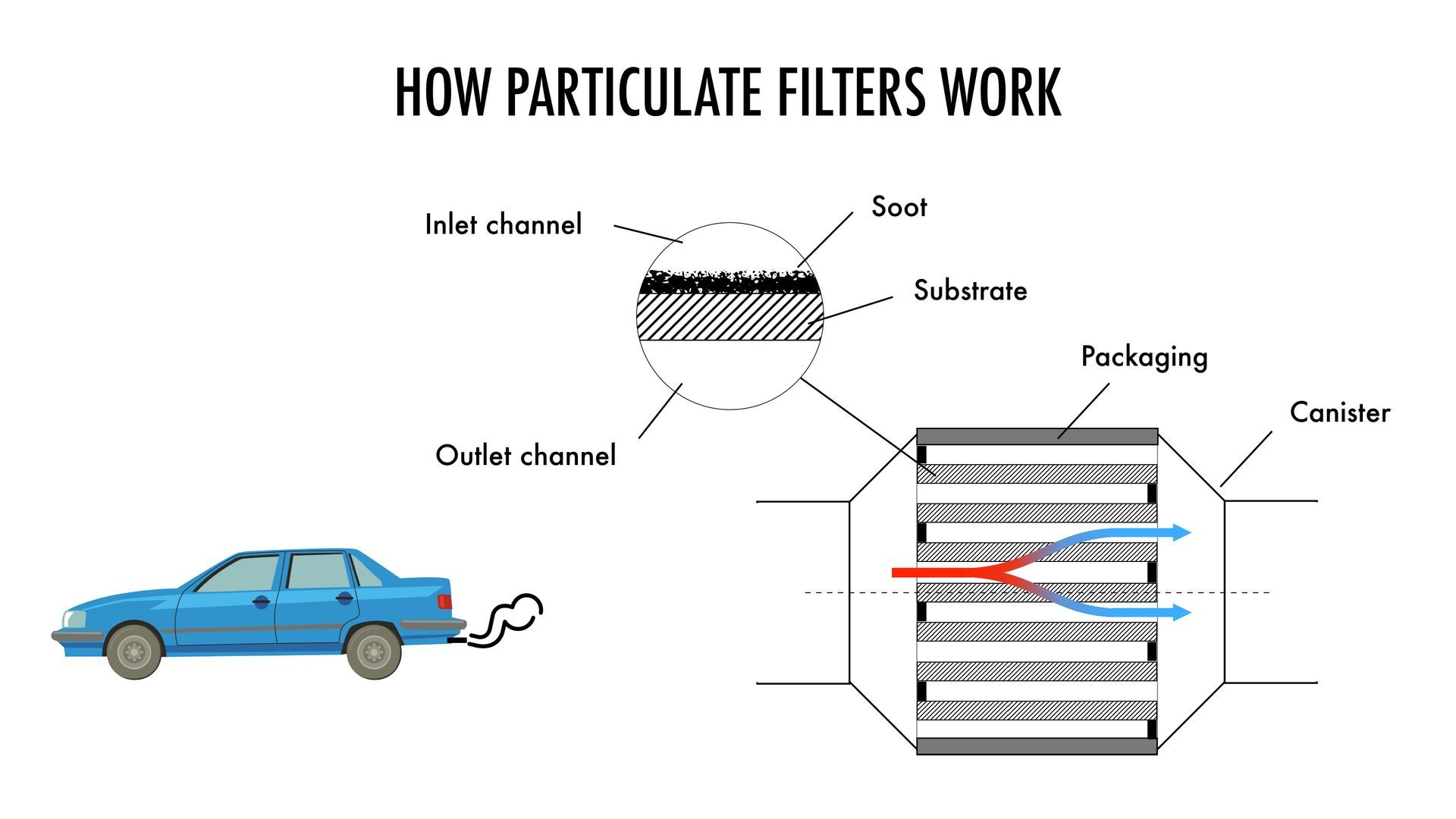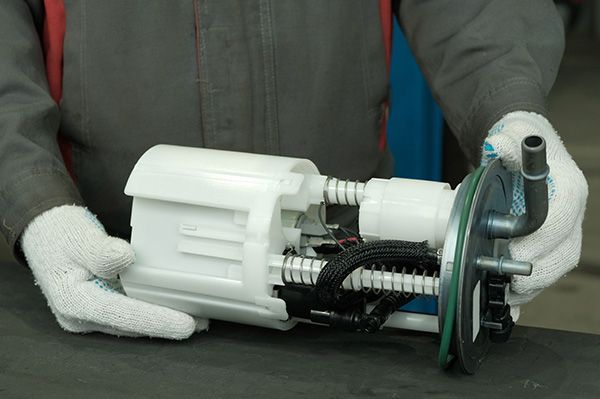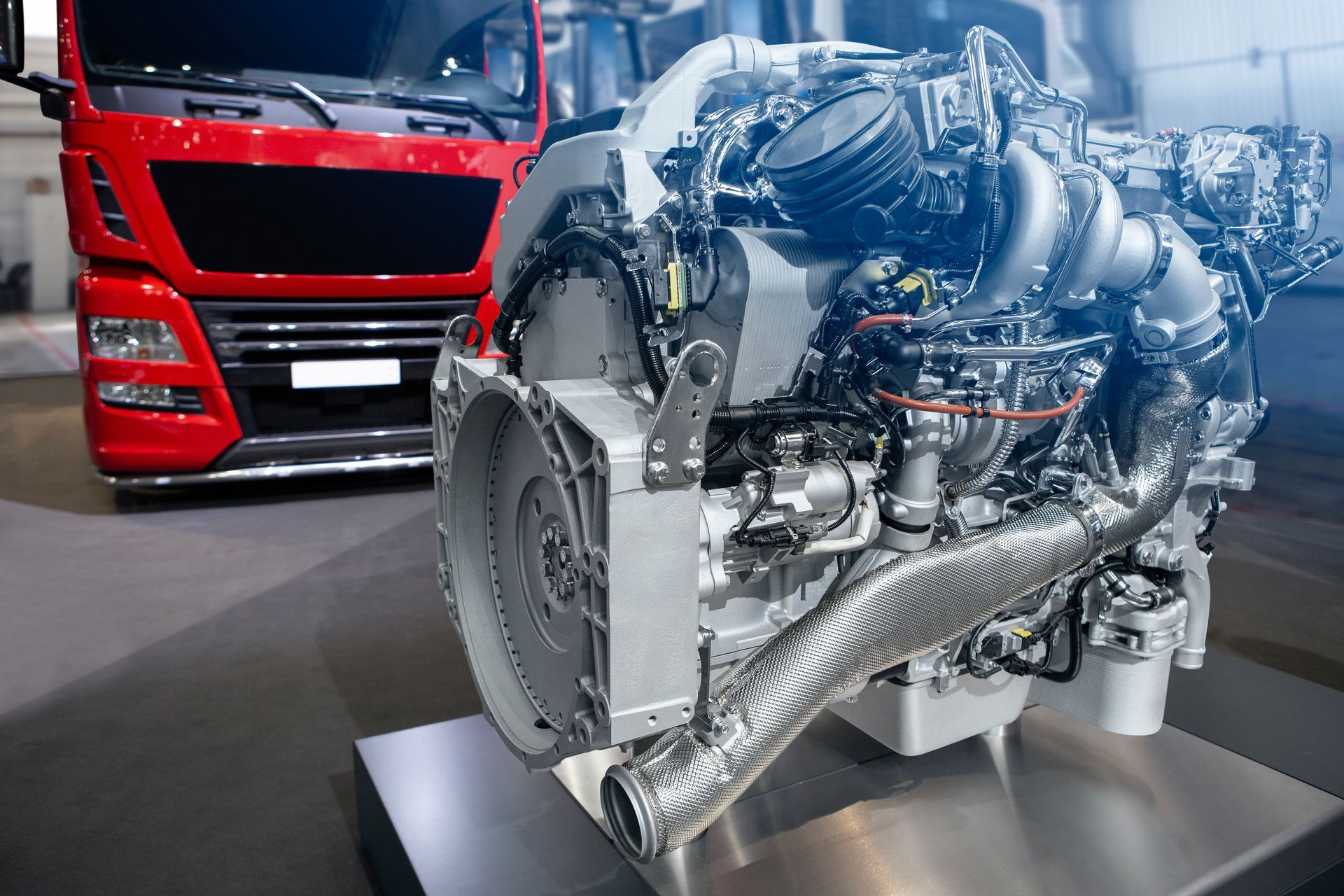Loading ...
Missing business hours data / Error occurred while getting the data.
Loading ...
Missing business hours data / Error occurred while getting the data.
How to Optimize Efficiency in Your Truck Fleet Operations
June 27, 2024
Managing a truck fleet is no small feat. Between handling logistics, ensuring vehicle maintenance, and managing drivers, the challenges can seem endless. But what if there were ways to streamline these operations, save money, and boost efficiency? Whether overseeing a small or large fleet, optimizing your truck fleet operations can significantly improve your bottom line and enhance overall productivity. Let's look into the various strategies that can help you achieve this.
1. Implement Fleet Management Software
In today's digital age, fleet management software is indispensable. It provides a comprehensive overview of your fleet, helping you track vehicle locations, monitor driver behavior, and schedule maintenance.
Why Fleet Management Software Matters
Fleet management software integrates various functionalities into one platform. This includes GPS tracking, which helps you monitor the real-time location of your trucks, ensuring they're on the right routes and helping you make quick decisions in case of delays or detours.
These systems can provide insights into driver behavior, such as speed, harsh braking, and idling time, enabling you to address any issues that might be affecting fuel efficiency and safety. Moreover, the software can alert you when a vehicle is due for maintenance, reducing downtime and preventing costly repairs.
2. Regular Maintenance and Inspections
Preventive maintenance is a cornerstone of efficient fleet management. Regular maintenance checks ensure that your trucks are in optimal condition, reducing the risk of unexpected breakdowns and extending the lifespan of your vehicles.
The Importance of Preventive Maintenance
Adhering to a strict maintenance schedule can identify potential issues before they become major problems. Regular oil changes, tire rotations, and brake inspections can prevent breakdowns and keep your fleet running efficiently.
Conducting thorough inspections before and after trips can help catch any immediate issues that need attention. Keeping detailed records of all maintenance activities ensures you never miss a service date and helps you budget for future repairs.
3. Optimize Routes and Schedules
Efficient route planning is crucial for reducing fuel consumption, minimizing wear and tear on vehicles, and ensuring timely deliveries. Advanced route optimization tools can help you find the shortest and most fuel-efficient routes.
How to Optimize Routes
Utilize GPS and route optimization software to plan the best routes for your drivers. These tools consider factors like traffic, road conditions, and delivery windows to suggest the most efficient paths. Moreover, by analyzing past trip data, you can identify patterns and adjust schedules to avoid peak traffic times, further improving efficiency. Encouraging drivers to stick to these optimized routes not only saves fuel but also reduces the stress associated with navigating congested roads.
4. Train and Engage Drivers
Your drivers play a pivotal role in the efficiency of your fleet operations. Investing in their training and keeping them engaged can lead to better performance, higher job satisfaction, and lower turnover rates.
Driver Training and Engagement
Provide comprehensive training programs that cover safe driving practices, fuel-efficient driving techniques, and proper vehicle maintenance. Educate your drivers on the importance of reducing idling time, maintaining steady speeds, and following optimized routes.
It creates a culture of open communication where drivers feel valued and heard. Regular feedback sessions and incentives for good performance can boost morale and encourage adherence to best practices.
5. Monitor Fuel Consumption
Fuel is one of the largest expenses in fleet management. Keeping a close eye on fuel consumption and finding ways to reduce it can significantly impact your bottom line.
Strategies for Reducing Fuel Consumption
Implement fuel cards to track fuel purchases and monitor consumption. Analyze the data to identify patterns or discrepancies that might indicate fuel theft or inefficient driving habits.
Encourage drivers to adopt fuel-saving practices such as reducing idle time, maintaining optimal tire pressure, and using cruise control when appropriate. Investing in fuel-efficient vehicles can provide long-term savings on fuel costs.
Need help optimizing your fleet operations? Contact
Riley's Auto & Diesel Repairs for expert maintenance and fleet management solutions.
Loading ...
Missing business hours data / Error occurred while getting the data.

Loading ...
Missing nap lines data / Error occured while getting the data.










